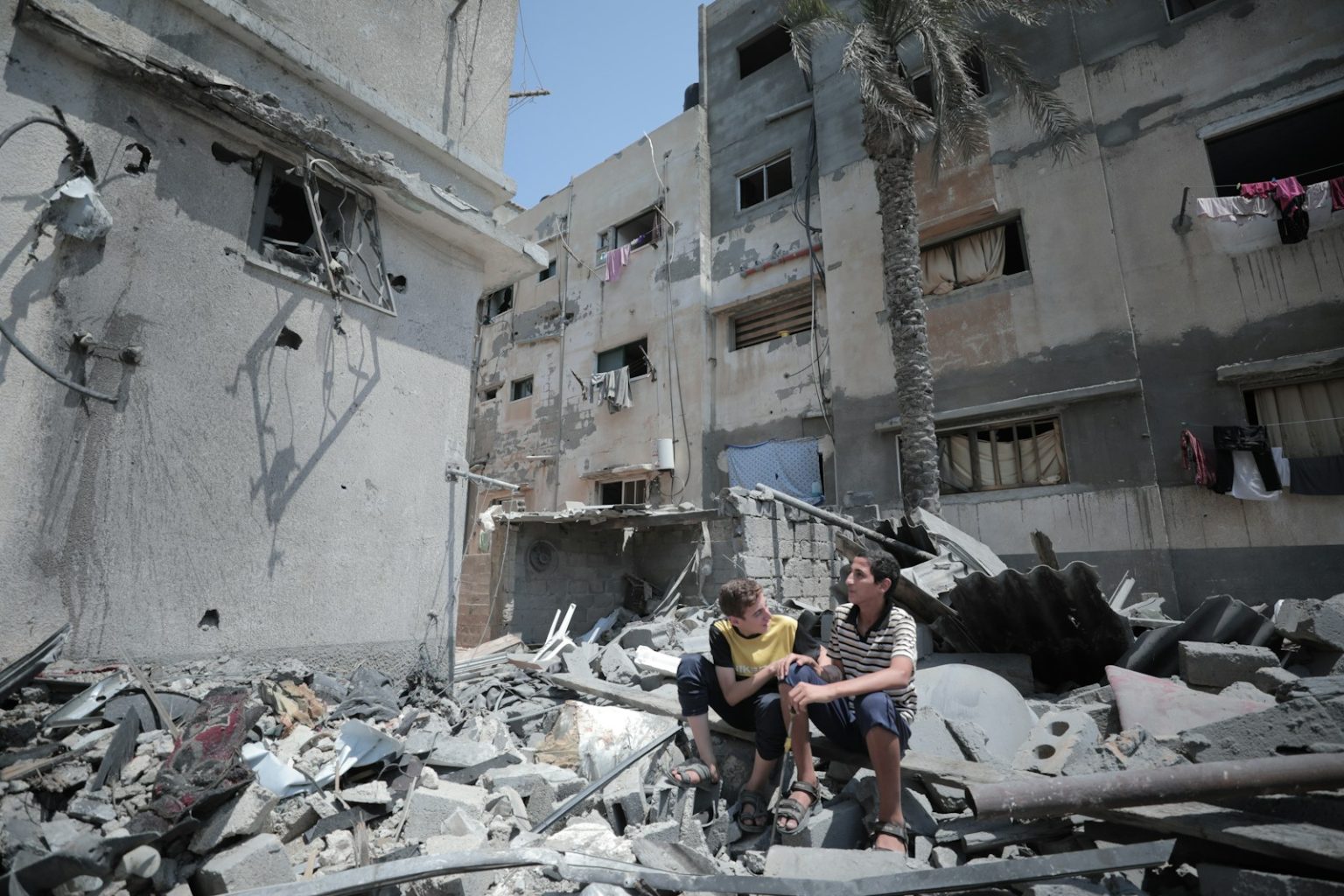One year has passed since the devastating implosion of Gaza on 7 October 2023, and global leaders are renewing calls for a ceasefire. The conflict has claimed the lives of over 40,000 civilians, disabled thousands more, and left countless people traumatised, according to recent reports. Today, human rights groups, alongside United Nations Secretary-General António Guterres, are urgently calling for peace in Gaza, Lebanon, and beyond.
The Middle East has become a battlefield, with ancient cultures destroyed and millions of lives lost. Advocates stress that only through peace and justice can human and national security be ensured for all in the region.
A Call for Global Action on Education
One of the starkest impacts of the conflict has been on children. The United Nations International Children’s Emergency Fund (UNICEF) has labelled Gaza “the most dangerous place in the world to be a child today”. Thousands of children have been killed, many more severely injured, and an untold number remain trapped beneath rubble.
The conflict has also had a catastrophic effect on education. Schools have been decimated, leaving many children without access to learning. According to a joint study by the University of Cambridge, the Centre for Lebanese Studies, and UNRWA, the conflict has set education back by up to five years, risking the creation of a “lost generation” of traumatised Palestinian youth.
This academic year, at least 45,000 children in Gaza who would have entered the first grade are again being denied access to education. They join 625,000 other school-aged children who have already missed an entire school year.
The situation is dire not only in Gaza but across the Palestinian territories, including the West Bank and East Jerusalem. Attacks on schools have surged in recent weeks, and the escalation into Lebanon has further endangered students and teachers in the region.
Humanitarian Appeal for Education
Advocates are also urging the global community to prioritise education as a critical tool for peacebuilding. Leaders argue that education is essential in fostering open hearts and minds, preventing further destruction, and promoting respect for international law.
In response to the educational crisis, Education Cannot Wait (ECW) and its partners have provided over US$36 million in funding to improve learning conditions in Palestine. These funds have supported mental health initiatives, strengthened school infrastructure, and offered vocational training to nearly one million children. However, this is just a fraction of what is needed.
According to the Office for the Coordination of Humanitarian Affairs (OCHA), only 49% of the US$3.4 billion humanitarian appeal has been funded to date. Of the US$175 million needed for education alone, just US$55 million has been met. ECW is working with UN partners and civil society to catalyse additional funding to support the affected girls and boys.
A Hope for Peace
International organisations stress the urgency of a ceasefire, respect for humanitarian law, and a peaceful political resolution to the conflict. Only through these measures, they argue, can the people of Gaza, and the wider region, find security, protection, and hope for the future. They highlight that this region, once a cradle of civilisation and learning, must be allowed to revive through peace, education, and respect for humanity.

